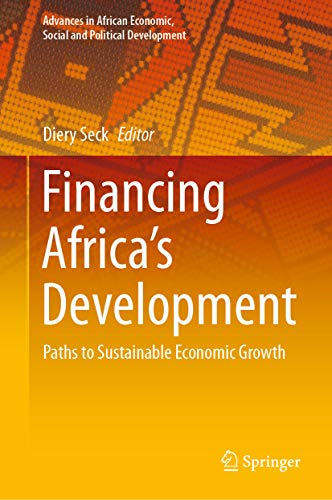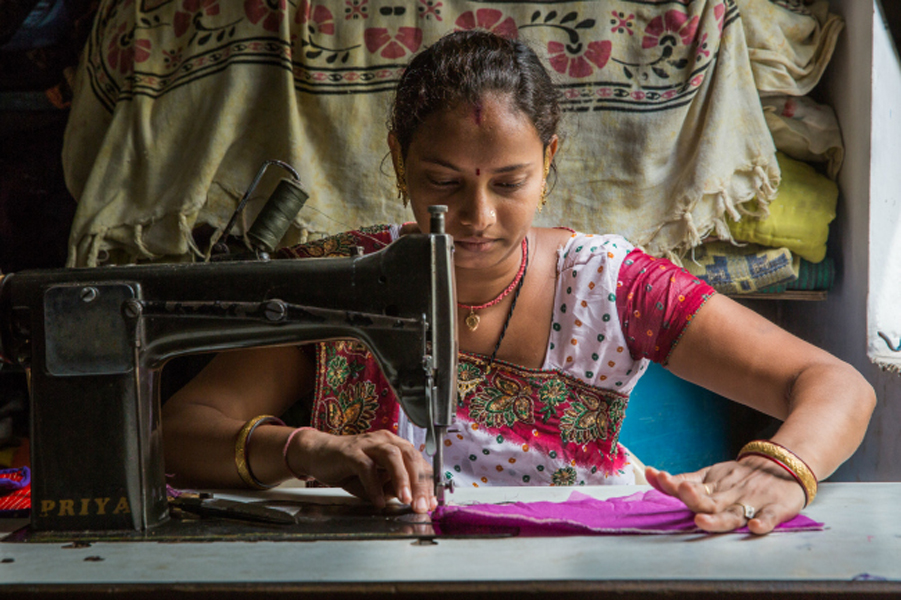COVID-19 Infections, Labour Market Shocks, and Subjective Well-Being
By Ferdi Botha, John P. Haisken-DeNew This is the first paper to present novel findings on how simultaneously (a) labour market shocks and (b) infections in the household, directly due to COVID-19, have impacted on life satisfaction and domain satisfactions. Using data from a world-wide online survey of almost 5,700 respondents across six countries, we estimate the associations of COVID-19-related labour market shocks and COVID-19 infection with life satisfaction and a range of domain satisfactions. Directly due to COVID-19,...





